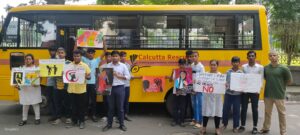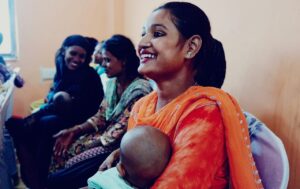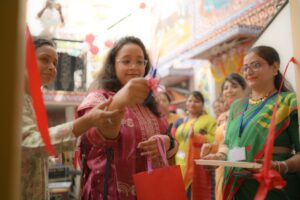Almost two thirds of slum dwellers in Kolkata now suffer from severe food insecurity and a third of youngsters have dropped out of education.
That is the terrible impact of the first year of the Covid crisis according to a survey by Calcutta Rescue which interviewed 90 people in 10 slums over the phone between February and April – before the second, more deadly, wave of Covid-19 hit the city.
Many of those taking part had lost their jobs as a result of last year’s lockdown or were earning less than they had before, with two thirds of those surveyed saying they were now struggling to meet their daily needs. This complements other studies done in the country. A research report published by Azim Premji University last month said that households coped with the shock by borrowing and selling assets, and cutting back on food consumption. Another survey by the university showed that poorer households took the largest loans relative to their earnings.
On the plus side there were high levels of awareness about Covid and its symptoms and almost all participants said they were following Covid-safe practices such as social distancing and handwashing.
Thirty six participants said they had been offered a vaccine but just five of them had received it.
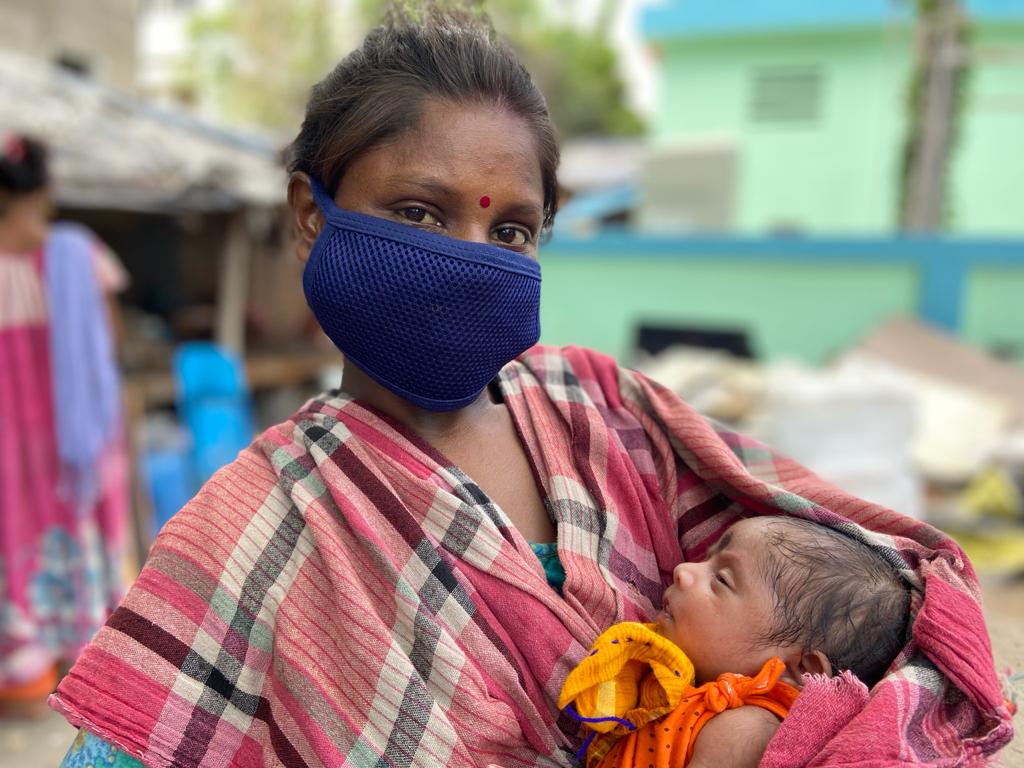
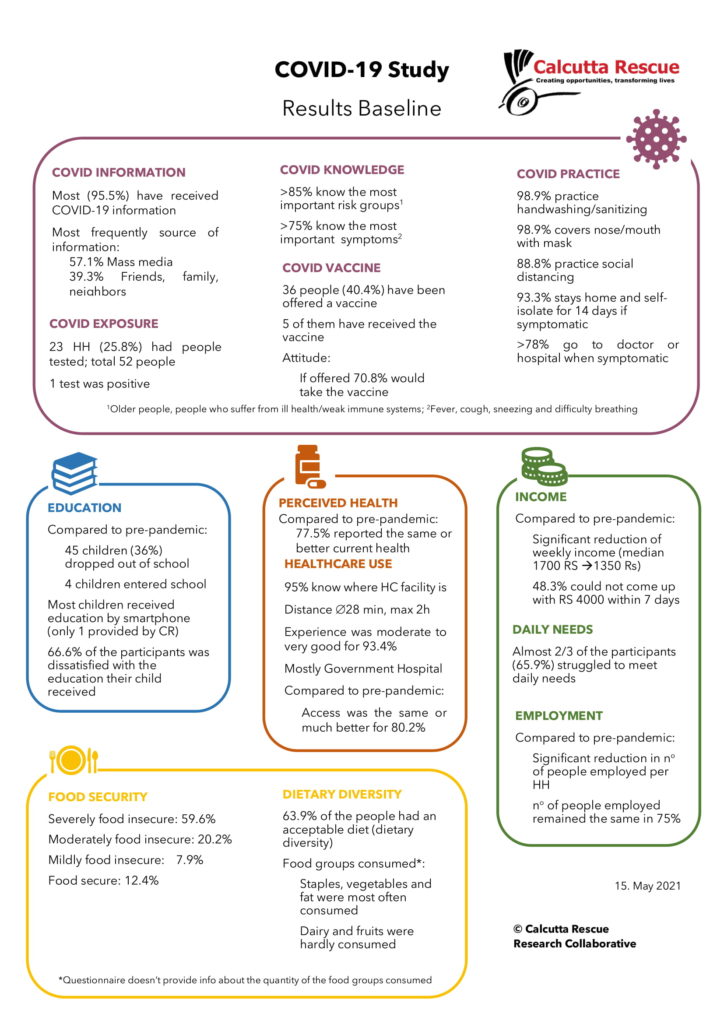
The NGO, which has 40 years experience supporting the most deprived people in Kolkata, conducted the survey so it could better understand the situation in the communities where it works and target its limited resources where they are most needed.
With the city now back in lockdown and so few slum dwellers having been vaccinated, the fear is that the second Covid wave will kill many residents and make life even harder for hundreds of thousands of people already struggling to make ends meet.
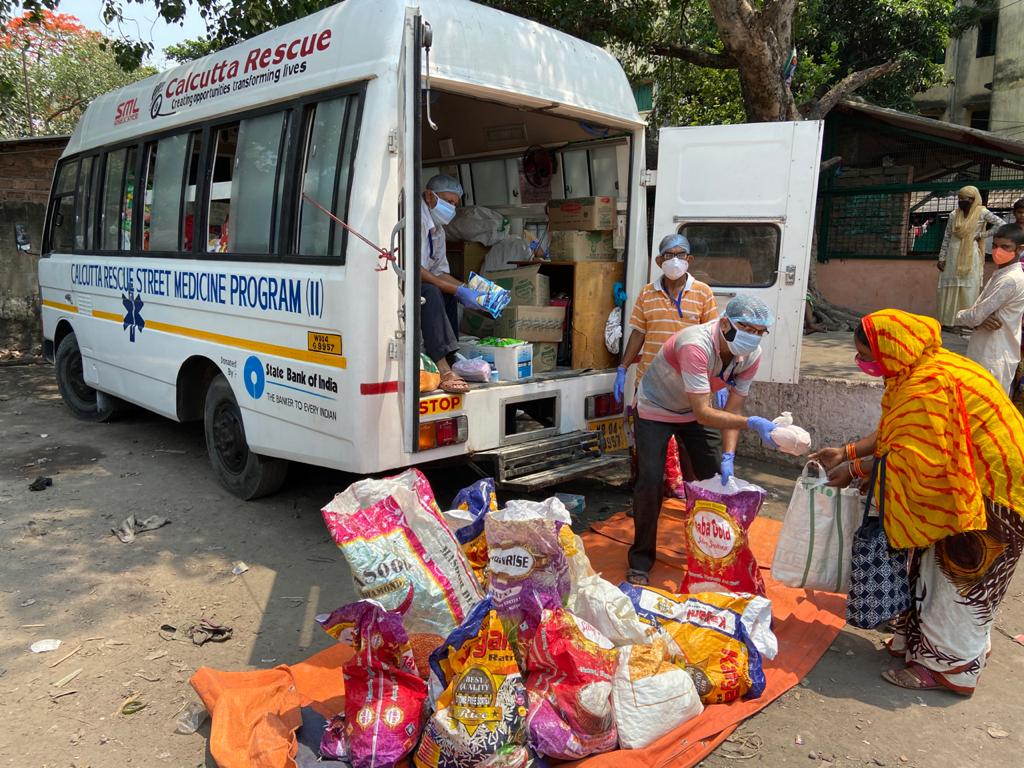
Calcutta Rescue, which continues to distribute emergency food rations (since only a small minority of people surveyed received food support from the government) and is working to identify and support people who develop Covid, plans to repeat the survey at three month intervals so that it can track the ongoing impact of the Covid crisis on their lives.
Find out more about the survey at our COVID- 19 Study

